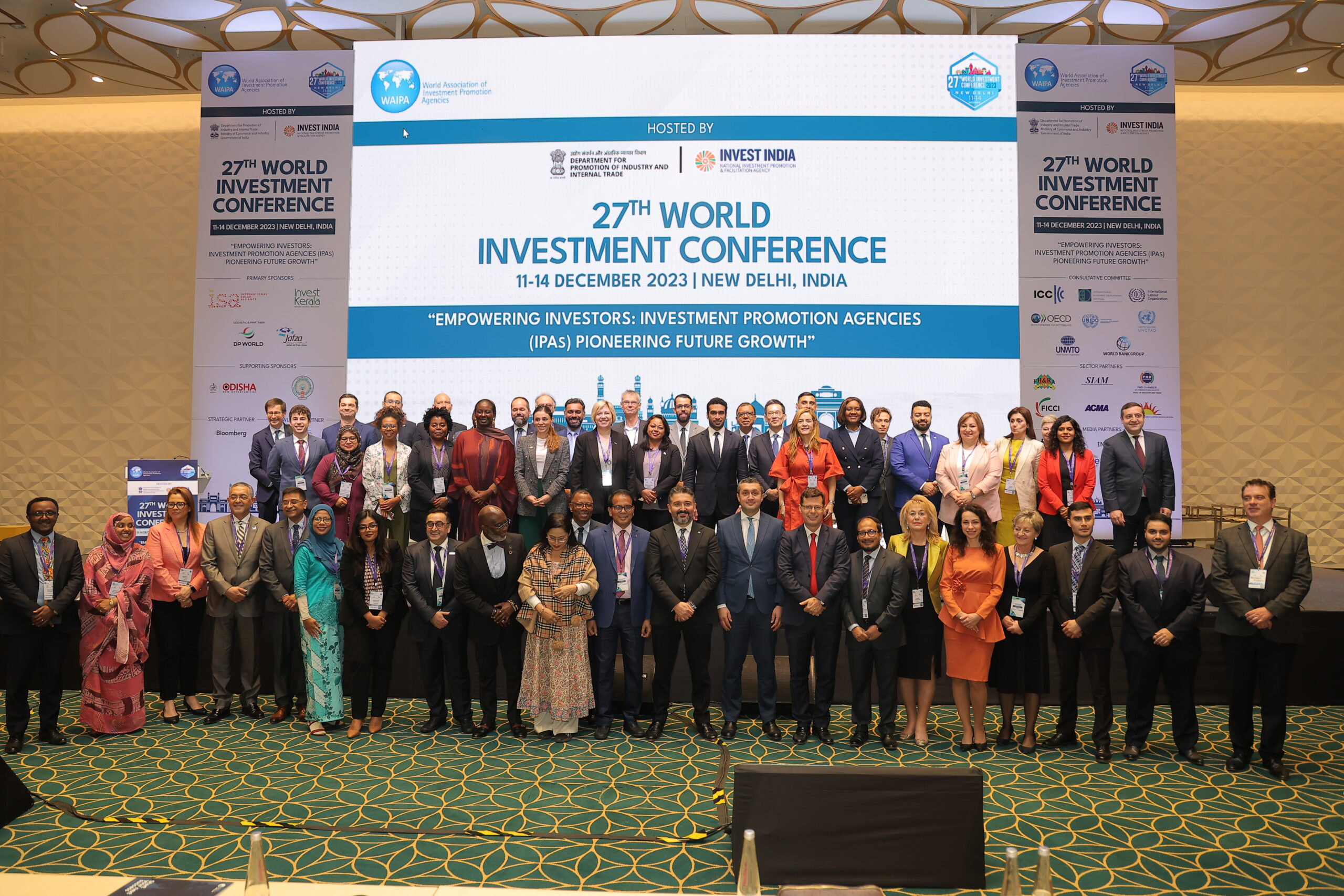In the crowded marketplace of global economics, there are many entities jostling to be seen as the conduits and creators of growth and prosperity. Often overlooked and unheard in the international arena are investment promotion agencies (IPAs). Despite their relative obscurity to the general population, these agencies — which are represented, supported and championed by WAIPA — play a pivotal role in attracting investment, fostering economic development and shaping the future of nations around the world.
But they often do this essential work without getting the recognition they deserve. In a time such as now, punctuated by volatile investment flows and economic uncertainty, the remit of IPAs is both more important and more difficult.
While the average citizen may not be familiar with IPAs, their impact reverberates throughout economies worldwide. These agencies act as catalysts for economic development by creating an environment conducive to investment. They work tirelessly behind the scenes, engaging with investors, providing information, offering incentives, and streamlining bureaucratic processes to make investment more appealing and accessible.
While foreign investment often garners more attention, domestic investment is equally essential for sustainable economic growth. IPAs work to support domestic businesses by providing them with resources, information, and assistance to expand their operations and compete on a global scale. By nurturing local entrepreneurship and innovation, IPAs contribute to job creation, wealth generation and overall economic resilience.
In addition to attracting capital, IPAs play a crucial role in facilitating the transfer of knowledge, technology and best practices. Through partnerships with educational institutions, research centers, and industry experts, they promote innovation and skills development, positioning their regions as hubs of excellence in various sectors. By fostering collaboration between local and international stakeholders, IPAs drive continuous improvement and adaptation to emerging global trends.
Navigating the regulatory landscape can be a daunting task for investors, particularly in foreign markets. IPAs serve as guides, offering valuable insights into local regulations, investment incentives, and legal frameworks. By simplifying administrative procedures and providing transparent information, they mitigate risk and instill confidence in prospective investors, making the investment process smoother and more efficient.
Very importantly, in an era marked by increasing environmental awareness and social responsibility, IPAs are playing an increasingly vital role in promoting sustainable investment practices. By encouraging environmentally friendly initiatives, renewable energy projects and socially responsible business practices, they contribute to the achievement of Sustainable Development Goals while ensuring long-term prosperity for their communities.
IPAs may operate behind the scenes, but their impact on economic development is anything but obscure. From attracting foreign investment to supporting local businesses and fostering innovation, these agencies are the silent architects of economic growth and prosperity. As countries navigate the complexities of a rapidly evolving global economy, the role of IPAs becomes ever more critical in unlocking the full potential of investment, for the betterment of their citizens.
Leaders of IPAs know all of the above, of course, but it is not so obvious to the governments they report to, or the potential investors they seek to serve. IPAs are experts in promoting the attributes of their locations, but sometimes struggle to advocate for their own existence. There is a continual need for educating stakeholders on the relevance of IPAs. Voices are stronger in unison, and this is why banding together as a recognized group and as a professional class worthy of respect is necessary for investment promoters worldwide. It’s time to shout far and wide about what it means to be an IPA.



